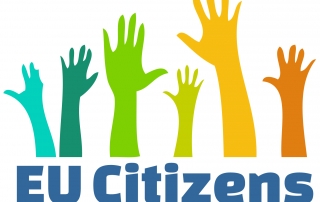Voluntary corporate reporting is not sufficient!
Helen Darbishire2018-11-13T10:12:25+01:00Madrid, 29 November 2011 - Non financial reporting has proved to be a very important tool in encouraging companies to implement corporate social responsibility (CSR) policies. Multinational companies have a substantial influence on the planet and on human life, and corporate non financial information disclosure is a way to ensure that companies behave responsibly and are held accountable to the community in which they operate. It is important that the latter be able to assert their social, environmental and human rights. Despite the recognised importance of environmental, social and governance information reporting, European Governments and a majority of companies have





